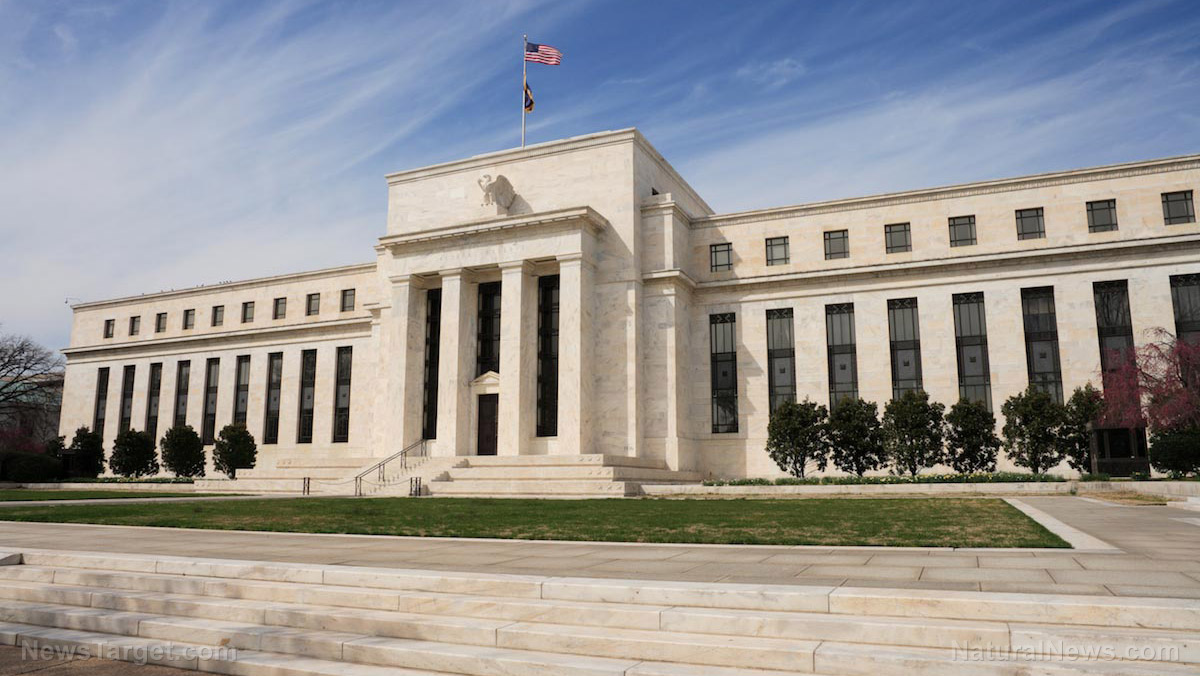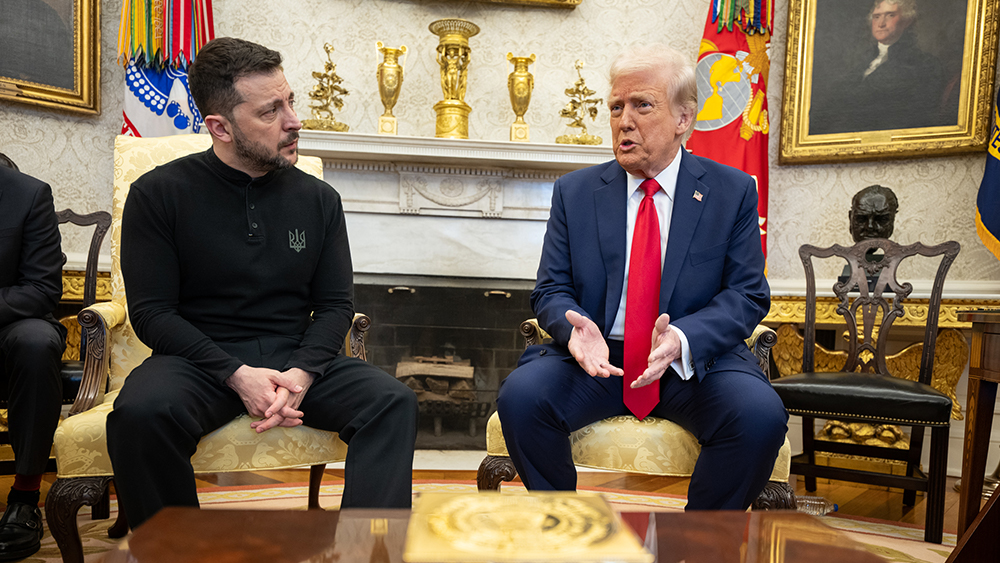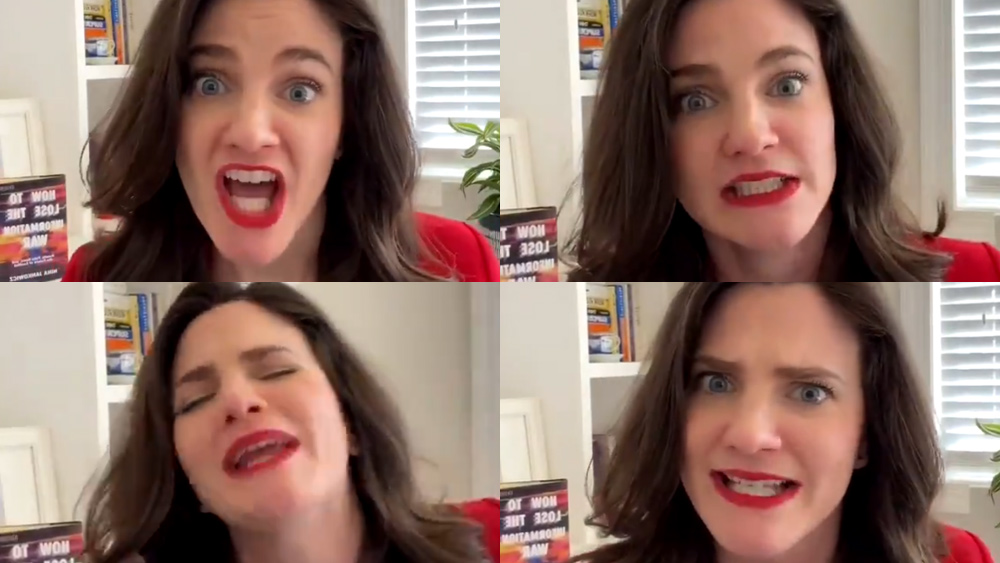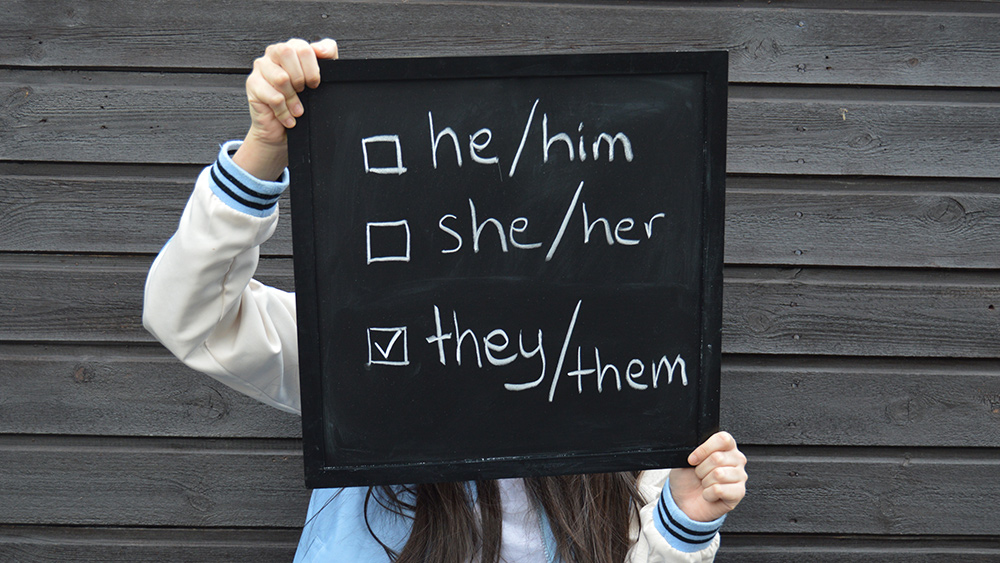 Parler
Parler Gab
Gab
- The March 22, 2024, terrorist attack at Moscow’s Crocus City Hall — linked to Tajik suspects — killed 144 people, triggering a surge in xenophobia, discriminatory policies and violence against Central Asian migrants in Russia.
- The Kremlin’s response includes mass expulsions, occupational restrictions and weaponized citizenship laws, mirroring failed Western European migration policies rather than Russia’s historical "Moscow model" of integration.
- Analysts warn that punitive measures risk destabilizing society, contrasting with past imperial strategies that prioritized loyalty over forced assimilation. Central Asian migrants now face systemic exclusion, including denied education and banking access.
- Migrants report brutal harassment by police and far-right groups, with attacks documented on social media. Legal hurdles — like arbitrary conscription threats and frozen bank accounts — compound their vulnerability.
- Human rights organizations urge Russia to prosecute xenophobic crimes, repeal discriminatory laws and uphold international obligations, warning that security measures must not come at the cost of human rights.
Historical precedents and the perils of replicating Western failures
Russia has long managed diversity differently than Western states. Since the 15th century, its “Moscow model” of empire embraced allegiance over assimilation, integrating Tatars and other groups into the state structure through loyalty and service. Modern Central Asian migrants, however, lack the institutional ties of imperial days. According to Timofey Bordachev, program director at the Valdai Club, Europe’s colonial legacies and overly permissive migrant policies have spurred political fragmentation. “Western nations failed to integrate second-generation migrants, who grew up feeling excluded,” he writes. Russia, Bordachev argues, must avoid “rigid ideological dogma” and instead craft tailored solutions — like Persian Gulf nations’ controlled migratory frameworks — to sustain stability. Yet Russia’s actions since the Crocus attack suggest a reliance on punitive measures. New laws permit arbitrary expulsions, bar migrant children from schools without proving Russian fluency, and exclude them from key sectors like education and public transport.The rise of xenophobia and suffering in shadows
Central Asian migrants describe a climate of fear. A 34-year-old Tajik laborer in Moscow told Human Rights Watch, “Every day we face discrimination, cruelty on the part of law enforcement.” Russian police and far-right groups have exploited the environment, brutalizing migrants and ransacking informal settlements. A Human Rights Watch report, “Living in Fear and Humiliation,” details brutal attacks filmed by assailants on social media. Tajik and Uzbek workers in construction and service sectors face beatings, pepper-spray assaults and slurs describing them as “infidels.” The state has compounded the crisis. Over 200,000 migrants with legal status were locked out of bank accounts due to a faulty “registry of controlled persons.” Families are torn between military conscription threats or deportation under Russia’s war in Ukraine. “You’ve been working here for so many years... now protect us!” migrant advocates report officers demanding enlistments.A global call for accountability
Human Rights Watch urges Russia to reverse restrictive policies and prosecute xenophobic violence under hate-crime laws — a charge rarely applied. The report also highlights Kyrgyzstan’s condemnation of attacks, with its foreign ministry urging Moscow to protect its citizens. United Nations and OSCE bodies have demanded accountability for violations and reform of discriminatory laws. Syinat Sultanalieva, the report’s author, emphasized, “[The Crocus attack] cannot justify massive rights abuses. Russia must investigate violence, hold perpetrators accountable and retract abusive legislation.”A crossroads between security and equality
Russia’s harsh response to migration betrays Bordachev’s advocacy of “flexible, pragmatic” solutions. Instead, it echoes — and inflames — the very tribalism Western nations hoped to avoid. With global eyes on Moscow’s handling of its most vulnerable during war, history waits to judge whether the world’s largest nation can reconcile security with equity. As migrants await justice, Russia’s leaders face a stark question: Will the Kremlin repeat Europe’s mistakes, or forge a path that honors both stability and the souls who build it? Sources include: RT.com HRW.org BigNewsNetwork.comBill Bodri’s “Bankism” unpacks the dollar’s precarious future
By Kevin Hughes // Share
Historic Vatican meeting: Trump and Zelensky seek peace amid Ukraine-Russia conflict
By Belle Carter // Share
Governments continue to obscure COVID-19 vaccine data amid rising concerns over excess deaths
By patricklewis // Share
Tech giant Microsoft backs EXTINCTION with its support of carbon capture programs
By ramontomeydw // Share
Germany to resume arms exports to Israel despite repeated ceasefire violations
By isabelle // Share










